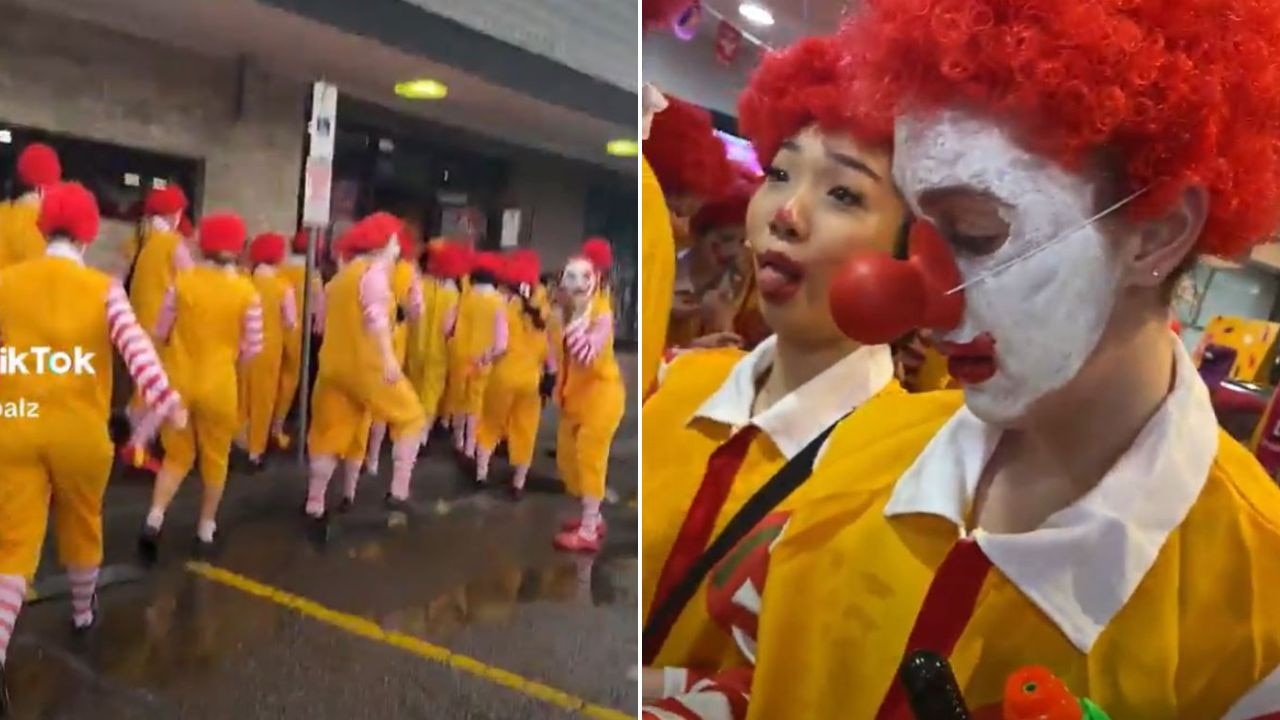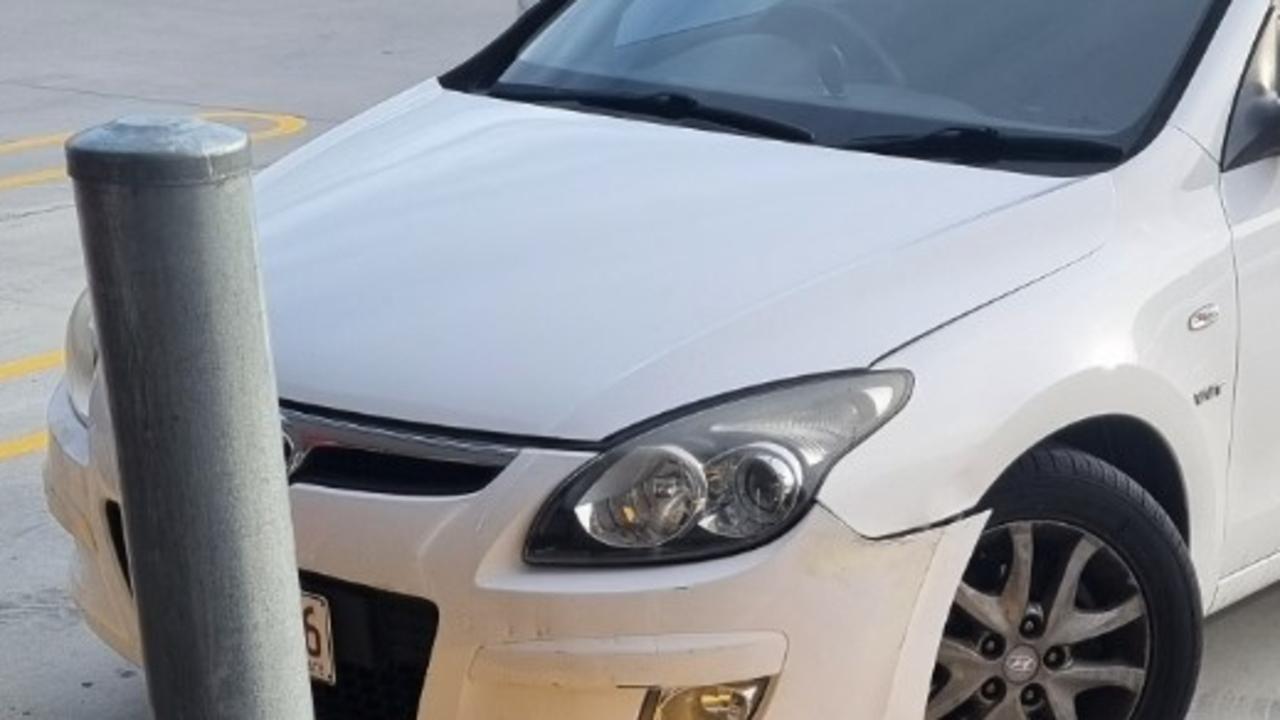Levi’s to test use of AI-generated clothing models to ‘increase diversity’
Iconic denim brand Levi’s has partnered with an AI studio that creates “hyper-realistic” models to increase its diversity.

Lifestyle
Don't miss out on the headlines from Lifestyle. Followed categories will be added to My News.
Iconic denim brand Levi’s has partnered with an artificial intelligence (AI) studio that creates AI-generated models to “supplement human models” and increase “the number and diversity of our models”, in a move that’s raised eyebrows across the fashion industry.
Later this year, the company said in a statement, it will test showing “hyper-realistic” models – generated by Amsterdam-based Lalaland.ai – of different body sizes on its website and app, rather than just hiring real people of different ages, ethnicities and body types.
“This AI technology can potentially assist us by supplementing models and unlocking a future where we can enable customers to see our products on more models that look like themselves, creating a more personal and inclusive shopping experience,” Levi’s announcement said.
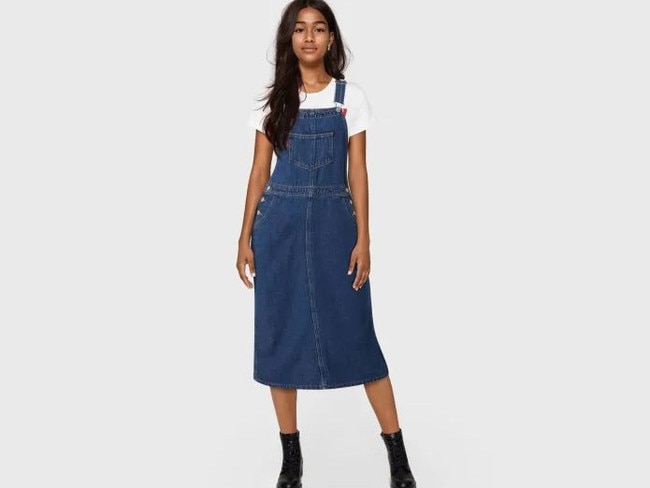
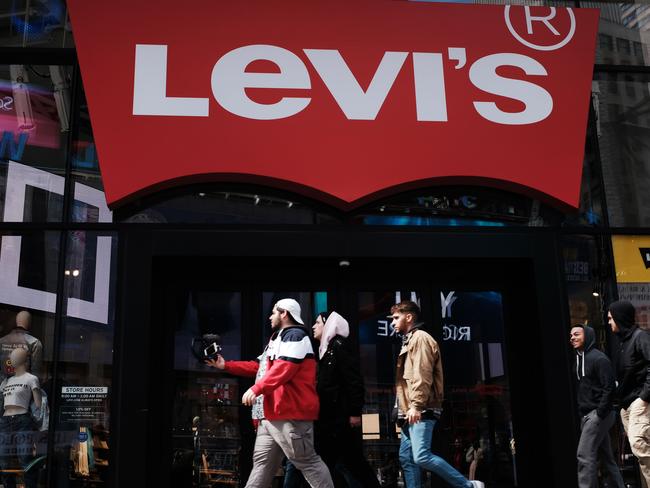
Founded in 2019, Lalaland.ai’s mission is “to see more representation in the fashion industry” and “create an inclusive, sustainable and diverse design change”.
“We see fashion and technology as both an art and a science,” Levi’s continued, “and we’re thrilled to be partnering with Lalaland.ai, a company with such high-quality technology that can help us continue on our journey for a more diverse and inclusive customer experience.”
The company frames the move as part of a “digital transformation journey” of diversity, inclusion, equity and sustainability.
What Levi’s is essentially doing, then, is hiring a robot to generate the appearance of diversity while ridding itself of the burden of paying human beings who represent the qualities it wants to be associated with its brand.
As Tariro Mzezewa wrote for The Cut, “Who’s going to tell this multibillion-dollar company that it can develop a diversity and inclusion strategy by just … hiring and paying actual models of different races and body types? The irony is not lost on us.”
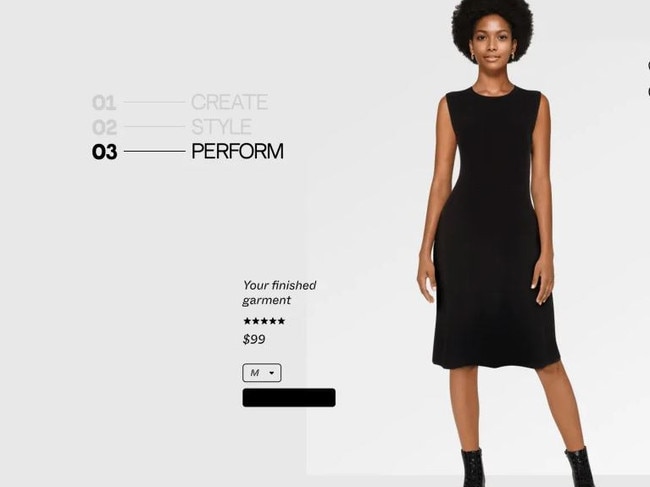
The announcement comes at a moment when, against a backdrop of Ozempic headlines, buccal fat removal, and declarations of heroin chic’s grand return, body diversity in the fashion industry is quite literally shrinking.
According to the Vogue Business Size Inclusivity Report, only 0.6 per cent of the looks shown throughout the entire AW23 season – which spans New York, London, Paris and Milan – were on plus-size bodies.
In Australia, the Melbourne Fashion Festival (MFF) was slammed last week by those both on the runway and off for a “deliberate” lack of curve models.
The MFF board made a “really clear decision to not cast models above a size 12-14”, chief executive of modelling agency Bella Management and size diversity activist, Chelsea Bonner, said.
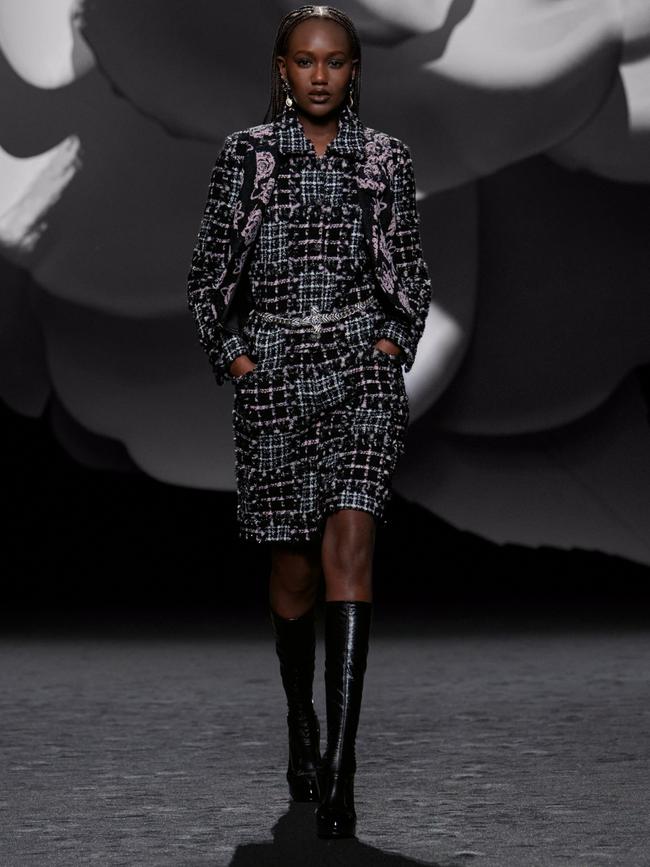
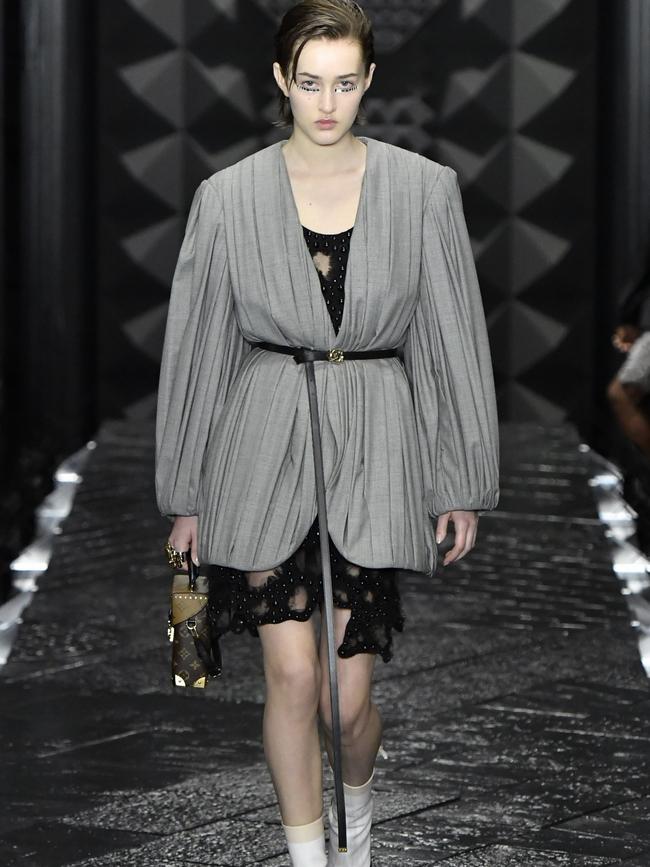
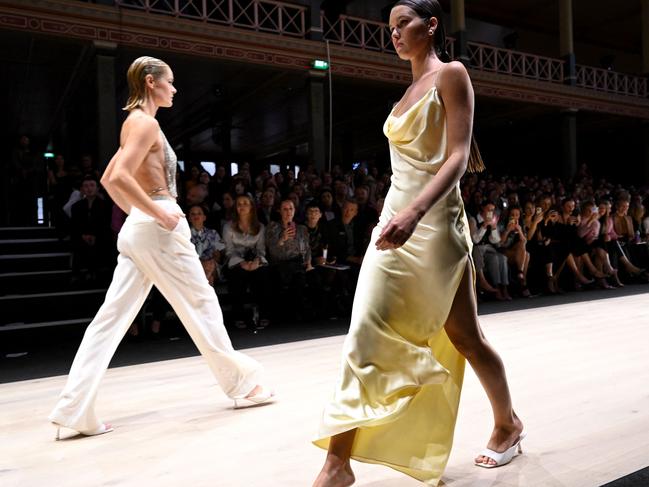
“There’s just no excuse this year, it was such a deliberate casting direction. They were presented with every single one of our models up to a size 22 multiple times, and my director in Melbourne kept asking why they wouldn’t cast any models over a size 14 and those emails just went ignored.”
One of the two plus-size models who walked in MFF’s final show, Jess Seeto, said the experience left her feeling “ostracised”.
“It didn’t feel right that there were only two plus-size models and two models of disabilities there,” Ms Seeto said.
“It really sucked and made me feel like I was the token ethnic fat person there and that I was just there to tick a box, which didn’t feel right.”
A spokesperson for MFF said the event “cares deeply about accessibility, diversity and inclusion and will continue to place great emphasis on this as part of our programming and casting in future events”.
Originally published as Levi’s to test use of AI-generated clothing models to ‘increase diversity’




